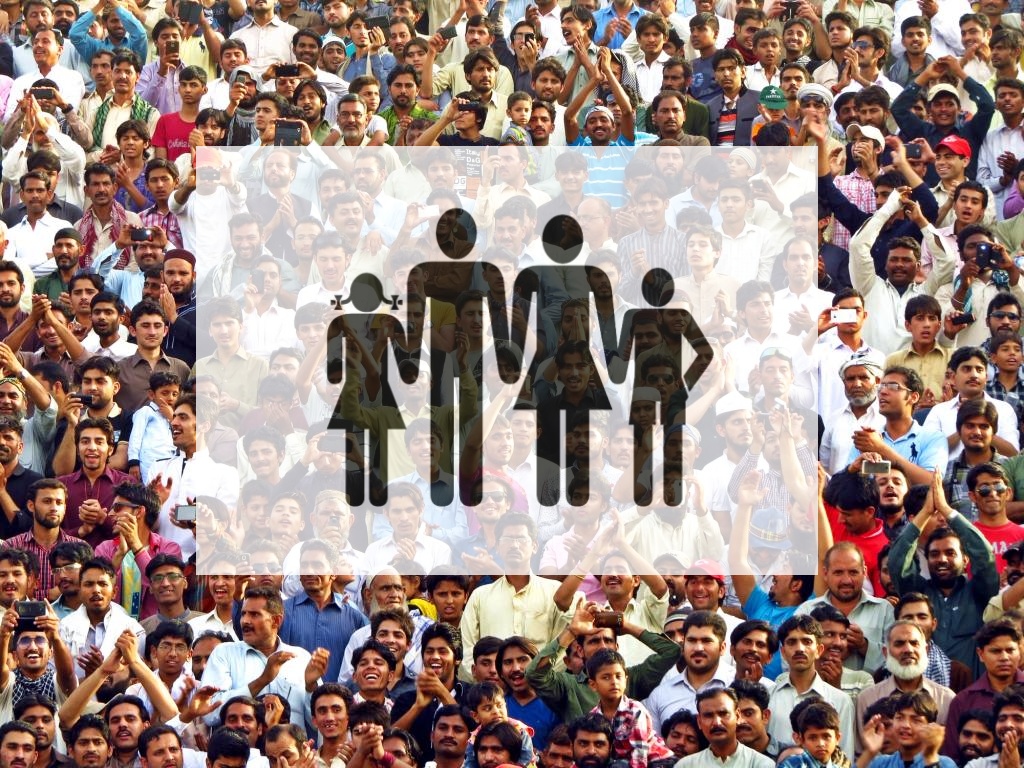Presently, there are over 7 billion humans, and 75 million more are being added each year. UN predictions say there could be an extra 2 to 4 billion of us by 2050. The planet has never experienced anything like it.
Can the world sustain this growing population? While it is clear that the population cannot go on increasing forever, history is littered with dire but failed predictions of famine and death resulting from overpopulation. In 1798, the English writer Thomas Malthus warned that a growing population would eat its way through the planet’s finite resources which will lead to millions dying of starvation. We haven’t exhausted our supplies quite yet, but seven billion people later our planet’s ability to support us all comfortably does appear to be under threat. Given the clear danger presented by climate change, future generations will be inheriting an overpopulated and suffocating planet.
Now, the population problem is firmly back on the agenda. Earlier this year the UK government’s chief scientific adviser John Beddington predicted a population-led global crisis by 2030, and a group of influential billionaires including Bill Gates and George Soros identified overpopulation as the greatest threat facing humanity.
This paper attempts at analyzing the taboo subject of population control. Should States impose population control? Should we stop being selfish and start thinking about the future generation? Is China’s one-child policy viable? With its aging population, it is expected to decrease its population by 234 million by 2025. In this present scenario of overpopulation, depleting resources, and harsh climate changes- is population control a way forward?\
CLICK HERE TO DOWNLOAD FULL RESEARCH PAPER





Leave a Reply
You must belogged in to post a comment.